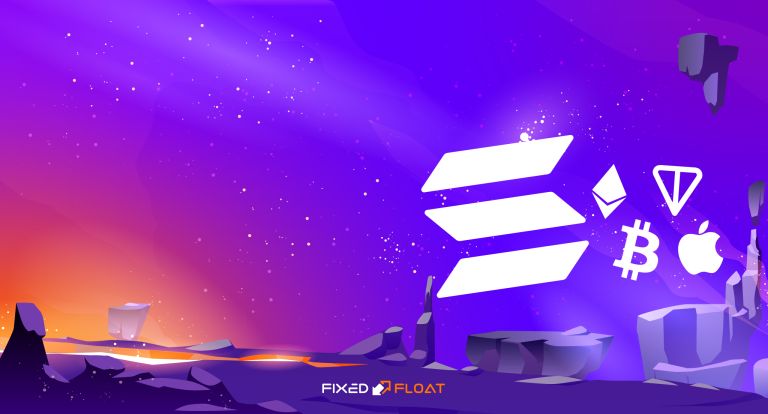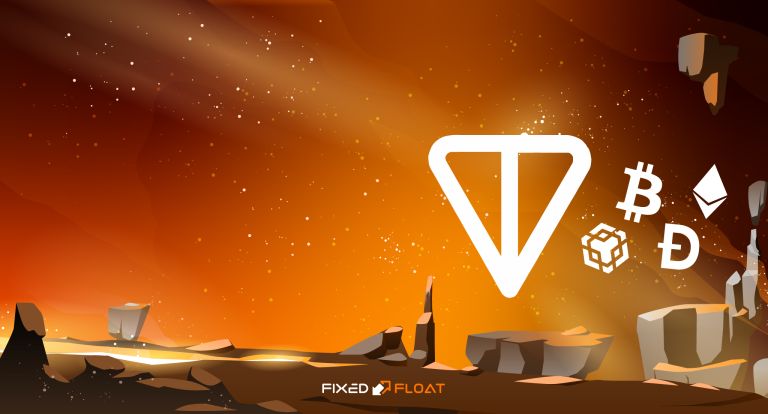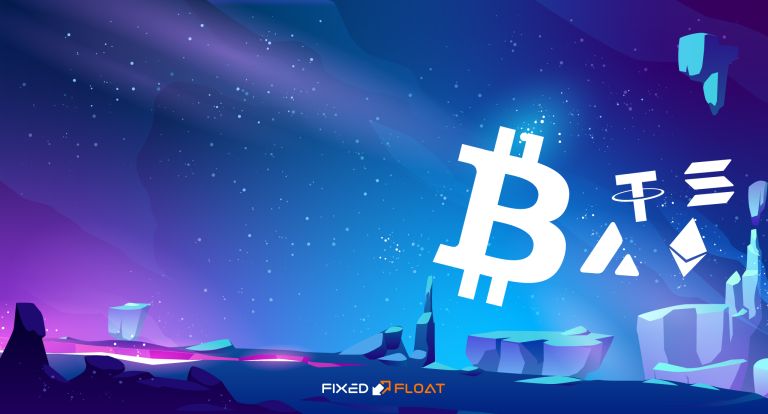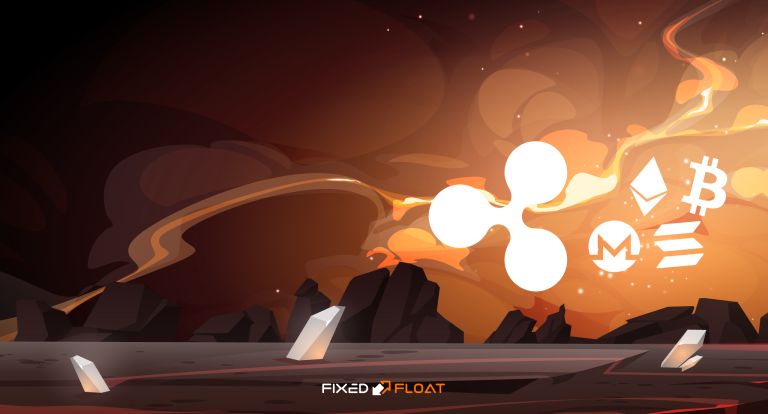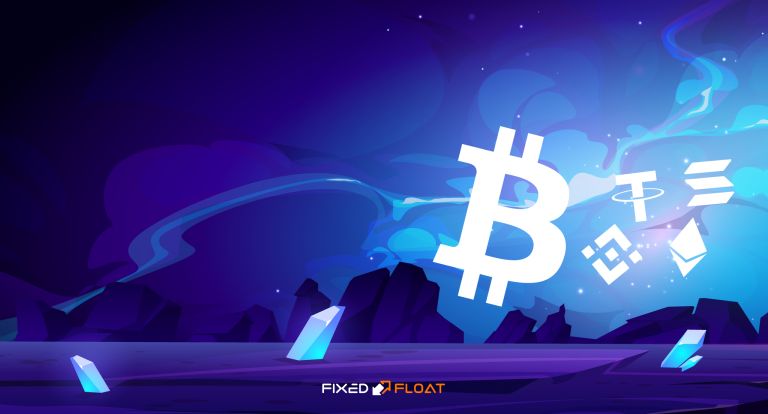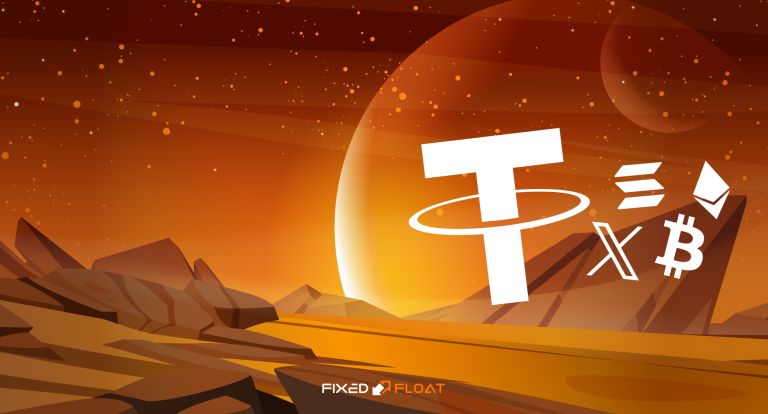- High BTC network fees
- Tokens in the Bitcoin network are gaining momentum
- Buterin transferred 200 ETH to the Kraken exchange
- Trust Wallet added TON support
- FTX seeks $4 billion refund from Genesis
- Cardano Launches L2 Hydra Protocol on Mainnet
- Bhutan will create a $500 million fund for cryptomining
High BTC network fees
The commission of the Bitcoin (BTC) network has increased several times over the past week. Over the past six months, network users have been paying about $1 per transaction on average, now the cost has risen to $9, and the number of transactions in the mempool has reached almost 400,000. This is due to the fact that the Bitcoin blockchain has a limited bandwidth, which means that it can process only a certain number of transactions in a certain time. When the number of transactions exceeds this limit, the fees increase so that users can compete to process their transactions in the next block.
In addition, fees also depend on the size of the transaction. Larger transactions require more processing power and take up more block space, which can result in higher fees. Some users may prefer to use lower fees to save on costs, but this may result in longer transaction processing delays.
FixedFloat recommends that its clients check the current BTC network fee in explorers before sending a transaction. Otherwise, users can wait hours or even days for network confirmation.
Tokens in the Bitcoin network are gaining momentum
One of the reasons why the BTC network fees are so high and the number of transactions in the mempool is so high right now is the BRC-20 tokens. BRC-20 is the standard for tokens for the Bitcoin network, which are issued using Bitcoin Ordinal. Recently, the number of token transactions reached a daily value of 366,000 transactions. Most of the tokens are not serious projects, but only memcoins. Most of the crypto community has already expressed discontent about this.
As a rule, Bitcoin is not used to create tokens, as this is not the original function of this network. To create tokens, blockchains are used that have been specially developed for this purpose, such as Binance Smart Chain, Ethereum, Tron, etc.
Buterin transferred 200 ETH to the Kraken exchange
Interesting movements of large amounts of ETH are observed this week. So it was recorded that from the address of Vitalik Buterin, the creator of Ethereum, a transaction was sent in the amount of 200 ETH to the Kraken exchange. Almost at the same time, there was a transfer of 15,000 ETH to the exchange from an address belonging to the Ethereum fund. In social networks, users have already noted that such actions previously preceded a large-scale market decline. In November 2021, the fund sold 20,000 coins, resulting in a major currency correction. This event also coincided with the start of the 2021 bear market.
Trust Wallet added TON support
Three weeks ago, FixedFloat added support for Toncoin. During this time, we are pleased to see how the popularity of the currency is growing, more and more users are learning about it. This week, Trust Wallet made fans of the coin happy by announcing the addition of support for Toncoin.
FTX seeks $4 billion refund from Genesis
The FTX case continues. Lawyers for the bankrupt exchange this week demanded a $4 billion return from crypto lending platform Genesis. According to the documents, Alameda Research provided the company with a $1.8 billion loan with a $273 million collateral 90 days before the company went bankrupt. Meanwhile, FTX is trying to recover the $1.6 billion and $213 million that Genesis and its subsidiary took off the exchange shortly before the crash.
On November 16, 2022, Genesis Global Capital suspended withdrawals and new loans on its crypto lending platform, citing "increased demand" from customers following the FTX crash. In January 2023, Genesis Global Holdco and its subsidiaries Genesis Asia Pacific and Genesis Global Capital filed for bankruptcy. Media reports that the companies' liabilities amount to more than $3 billion.
Cardano Launches L2 Hydra Protocol on Mainnet
IOG, which is responsible for the development of the Cardano project, announced the successful launch of the Hydra layer 2 solution on the main network, aimed at increasing the scalability and adaptability of the network to various use cases that require fast and cheap transactions.
According to developer Sebastian Nagel, Hydra is the first of the protocols that will help Cardano achieve its desired maximum throughput and introduce new features, including micropayments and insurance contracts.
The protocol has been in development for over seven years and is based on Hydra sharding technology, which greatly increases layer 2 scaling with "hydra heads". Nagel noted that the integration of shards does not require a hard fork, and each of the "heads" can process up to 1000 transactions per second. If 1000 pools use the technology, the throughput will reach 1 million transactions.
Bhutan will create a $500 million fund for cryptomining
A Bhutanese investment company and Nasdaq-listed Bitdeer Technologies Group are set to launch a fundraiser of up to $500 million from institutional investors. The fund will be used to develop "green" cryptocurrency mining in Bhutan, where a hydroelectric power plant will be involved. The main focus will be on bitcoin mining, which is the least risky way to exploit cryptocurrency opportunities in Bhutan. The organizers of the project hope to create carbon-free digital mining, which will help the country become competitive at the global level.


